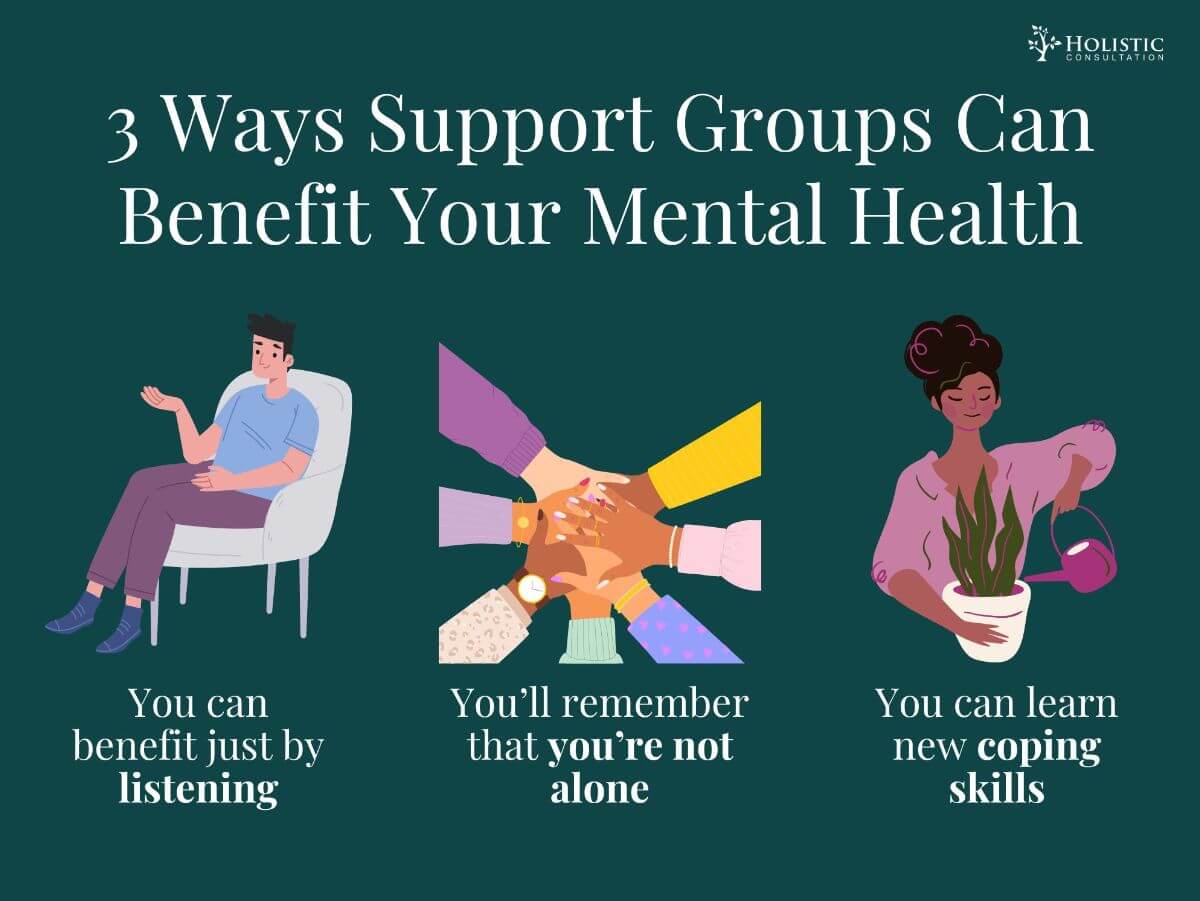5 Simple Techniques For Mental Health Counseling
5 Simple Techniques For Mental Health Counseling
Blog Article
Not known Facts About Mental Health Counseling
Table of ContentsMental Health Counseling Fundamentals ExplainedFascination About Mental Health CounselingSome Known Facts About Mental Health Counseling.10 Simple Techniques For Mental Health Counseling6 Simple Techniques For Mental Health Counseling
Via therapy, you can obtain understanding into your own patterns of habits and communication, which can lead to even more satisfying and pleasing partnerships with buddies, household, and charming partners. What we believe, we show up. If you're eaten with unfavorable feelings and negative thoughts that are disrupting your life, treatment can assist., or there are various other negative methods you behave. Treatment can help you change those habits that are having an adverse influence on your world and relationships.

Getting treatment to resolve particular aspects of your life can assist you be a lot more effective in other locations, consisting of work.

The Buzz on Mental Health Counseling
There are even a lot more benefits of treatment than simply the ones we have reviewed., or build connections (enchanting or those with family or buddies) in a healthy way.
For the purpose of today study, viewed advantages and obstacles to psychological wellness help-seeking are being discovered. Previous study found that perceived barriers have a considerable impact on university students' health actions selections (Von Ah, Ebert, Ngamvitroj, Park & Kang, 2003). Viewed benefits and barriers to help-seeking were particularly picked as a result of their influence on decision-making and ultimately activity (Glanz, Rimer, & Su, 2005).
The here and now study seeks to check out whether or not stigma serves as an obstacle to treatment amongst university student. Eisenberg et al. (2011) proposed that skepticism concerning therapy effectiveness is another barrier to taking part in treatment. Research study searchings for disclosed that college students endorsed several barriers to joining therapy. Mental Health Counseling. Among these were: (1) preferring to take care of psychological health issue themselves, (2) not having enough time to get involved in treatment, (3) concerns about whether psychological wellness treatment is reliable in remediating problems, (4) an idea that stress is regular or the problem will improve without treatment, (5) lack of cash, and (6) stress over what others would believe if they learnt about therapy engagement.
Staff in university psychological wellness centers may be regarded as unfriendly, and long wait times for services might be "off-putting" for students. Factors helping with extra favorable perspectives are usually at the contrary pole of those factors recognized as barriers.
A Biased View of Mental Health Counseling
One in three (34.6%) reported surviving on university and one in 4 (23.3%) reported coping with parents. Virtually half of students were associated with campus companies and 1 in 10 reported being in a fraternity or sorority. Even more than one-third of trainees (38.1%) reported that they had a relative or friend with a diagnosed mental wellness disorder.

The 30-Second Trick For Mental Health Counseling
Univariate F-tests identified specific subscale products that significantly differed. Women were less likely than males to perceive people who go to therapy as mentally weak, individuals that most likely to therapy as crazy, to really feel that individuals with psychological illness need to manage issues on their very own, that individuals who most likely to counseling as unable to fix anonymous problems, that people that most likely to counseling slouch, and to feel official site that people who most likely to therapy are different from regular people in an adverse method.
In a similar way, study results revealed that women were dramatically much less most likely than males to hold stigma-related attitudes. This follows previous research study which likewise discovered that men hold greater degrees of regarded preconception than women (Chandra & Minkovitz, 2006). Based upon research study searchings for, it appears that men might be much less most likely than women to look for treatment because of low perceived barriers as well as high stigma-related perspectives.
The Definitive Guide for Mental Health Counseling
Furthermore, college health professionals might use instructional programs targeting men with details on the benefits of mental health treatment and the significance of seeking aid when needed. All strategies need to be examined with future research to determine the result on college pupils, especially men. In contrast to general populace studies which expose that females are most likely to seek psychological health services contrasted to men (Haunstein et al., 2006; Mackenzie, Gekoski, & Knox, 2006), today research discovered no considerable differences in the number of viewed obstacles to help-seeking behaviors based on sex.
This searching for was unanticipated and might highlight that those who had gotten counseling had a better idea of wait times and various other "accessibility" obstacles that might make it tough to start treatment. Possibly, participants who have actually obtained therapy view much more barriers than individuals that have not received therapy given that looking for counseling services see post again can entail concern of self-disclosing personal information to a brand-new counselor.
Report this page